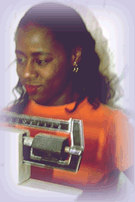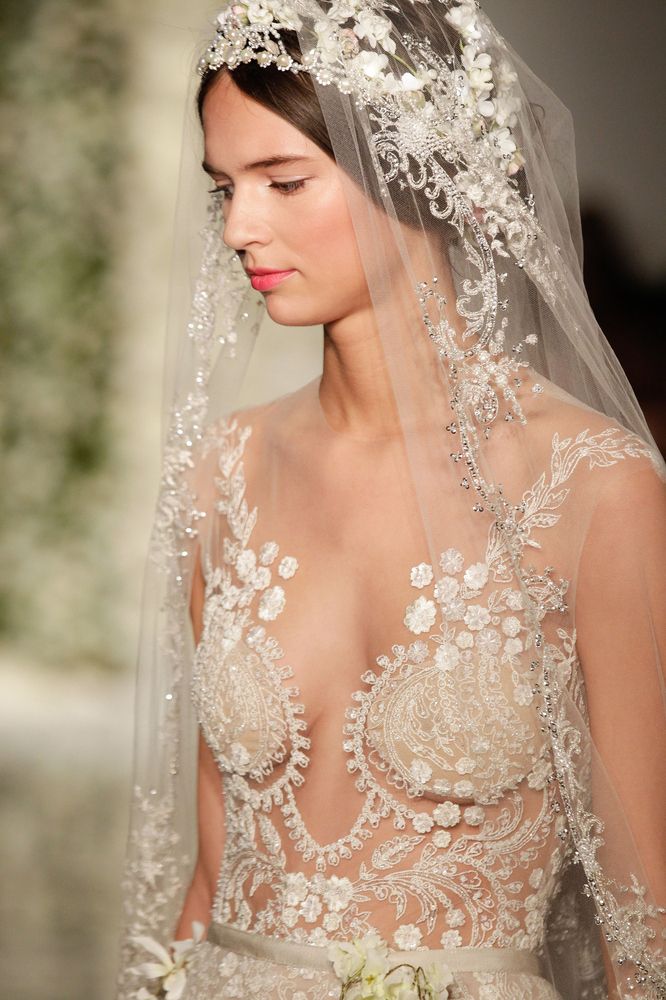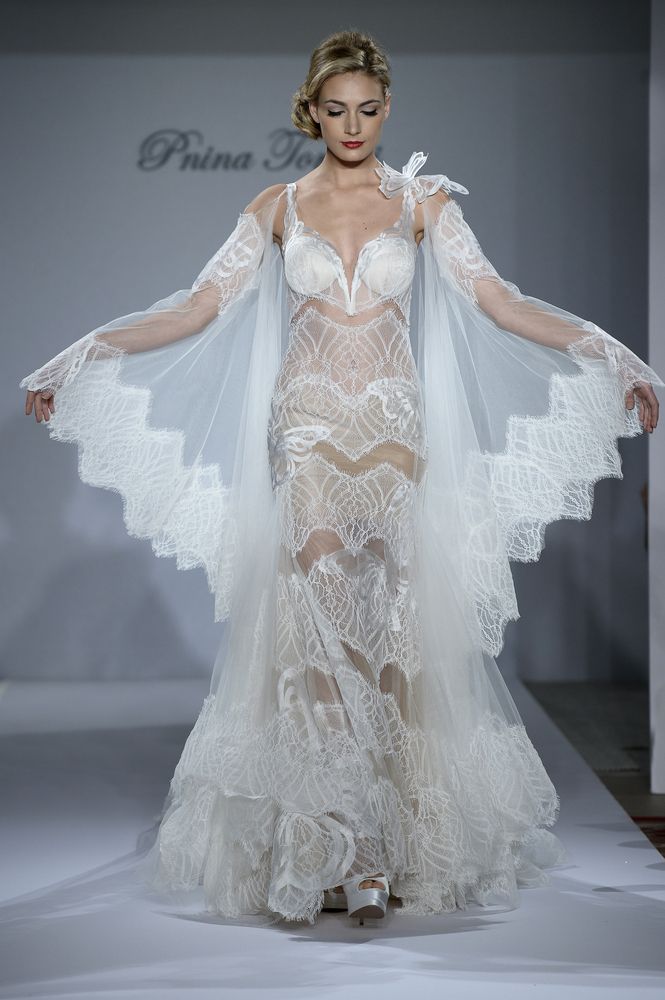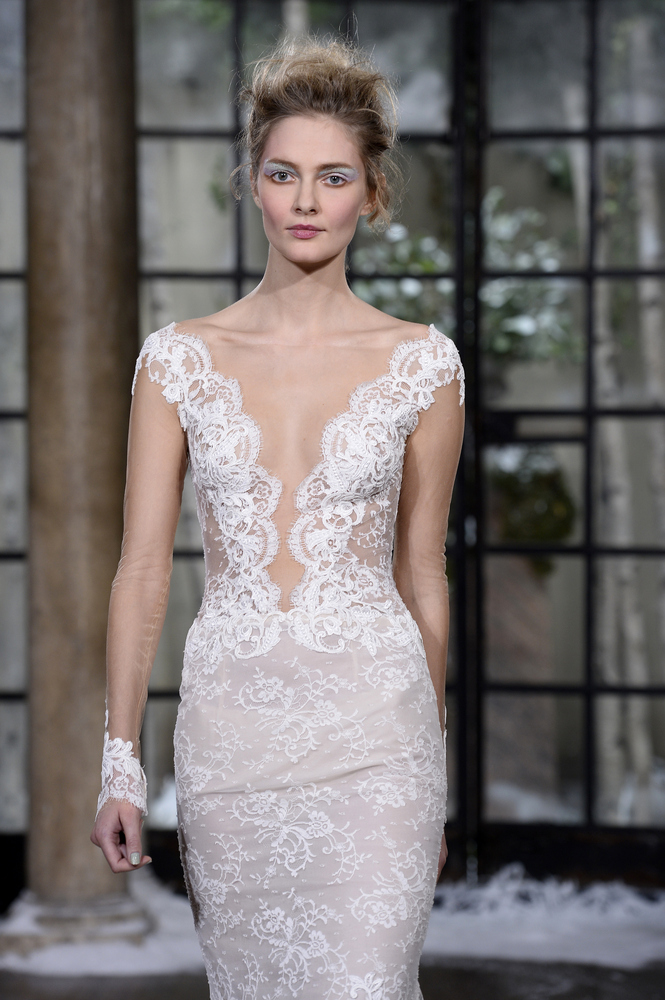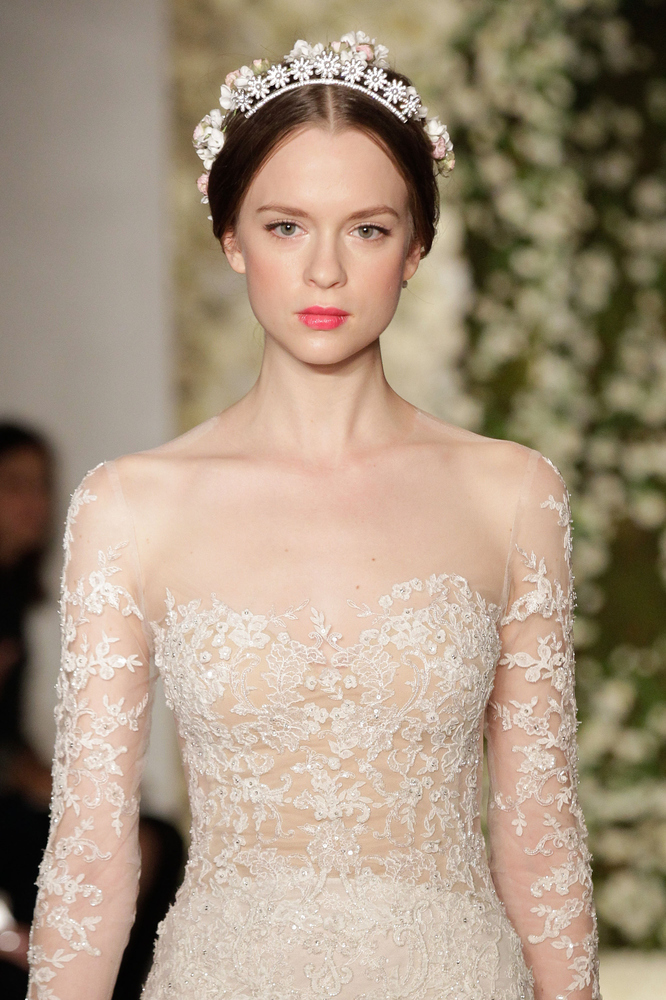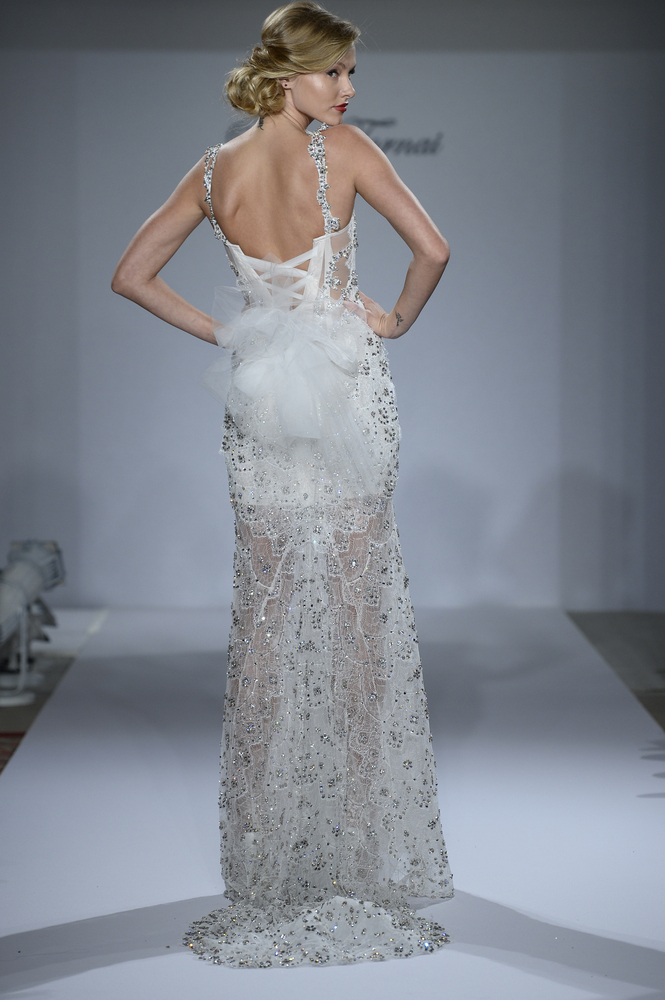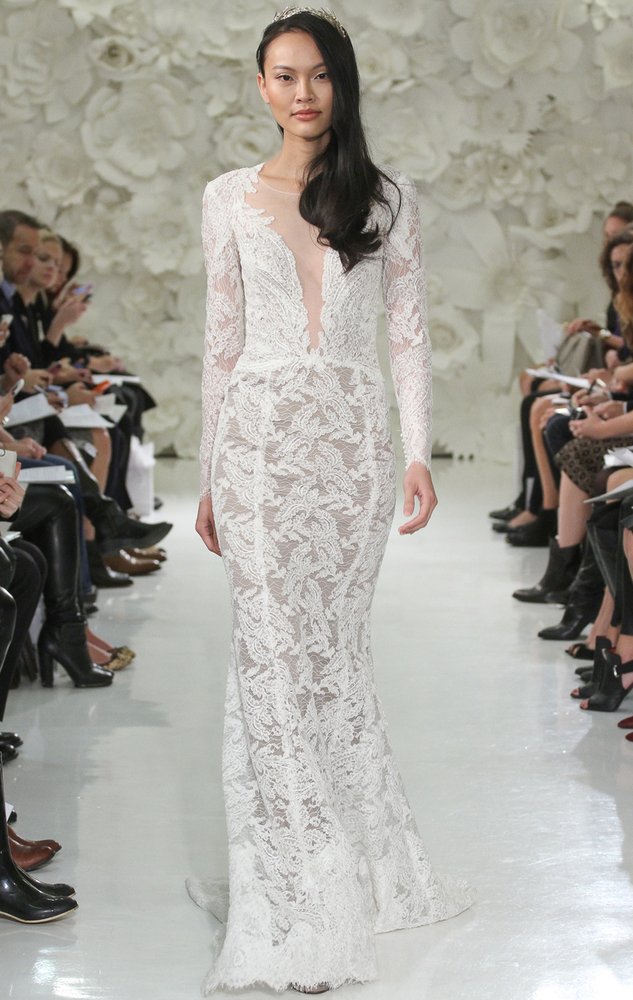Learn to Love Your Body Regardless of Size
As I was just browsing one of my new and favorite blog finds, sexgenderbody, (which is amazing and worth checking out IMMEDIATELY), a reader poll pertaining to body image appeared on the homepage which reminded me of something I had been meaning to address for quite some time now. As you all know, and hopefully adore, Medicinal Marzipan is at its heart a blog that works to promote self love, positive body image, and personal well-being, as well as negotiating the complicated and often difficult road of one girl traveling towards a place where all of those things are possible. I just wanted to take a moment to reiterate that, while naturally MM is a blog that is fat-positive (due to my own personal struggles and those that I find pressing on a daily basis), it is my hope that this blog can serve as a place to promote self-love no matter what your body type.
I cannot tell you how many times on a daily basis I run into people who are carrying around an unhealthy and unfortunate amount of shame and self-loathing towards their bodies. This guilt and negative emotional pattern can in turn contaminate every part of your life and self-perception, from the clothes that you put on in the morning, to your feelings of acceptance and happiness in your job/friendships/relationships, to your sex life, and (most importantly) to your relationship with your self when you are all alone and there is nothing left to use as a scapegoat for the ultimate reality of your unhappiness. Learning to love yourself regardless of your size is one of the most crucial and beneficial gifts that a person can give themselves. The ripple effects of learning to experience self love will touch every part of your life, improving and lightening the load of your heart with every step.
The reader poll on sexgenderbody states: When I look at myself naked in the mirror, I feel... To which 57% of the responses answered shame. This really resonated with me, because as someone who is no stranger to feeling ashamed when I look at myself in the mirror, I take great sadness in knowing that other people feel the same way. We are limiting ourself with the enormous amount of perpetual shame we feel in regard to the way we look. Think of how much time you would have in your day if you could teach yourself to replace negative feelings of self-loathing, with feelings of joy and love and abundance.
Perhaps at this moment you are thinking to yourself, well Marizpan, thats just the way I feel and could you please get off of your soap box because I saw you shuffling down the street this morning in a clear and obvious battle with your body not looking like you’re loving much of anything, much less your self. And you would be right. One of my first thoughts this morning was that I felt fat and uncomfortable and completely undesirable. In fact, I have wasted much of the day feeling this way, but I take comfort in knowing that these thoughts become less frequent everyday, and I love myself now a whole heck of a lot more than I did a year ago.
The most amazing thing about this problem, is that I have found that it lends itself to nearly ALL body types and sizes. And, while I sit secretly imbued in disgust and resentment when a very thin friend of mind regales her negative body image and personal feelings of shame regarding her body, it is important to keep perspective on this point. Nearly everyone, no matter how skinny/tall/perfectly shaped they may look, feels this way about themselves from one time to another. So, it is important to promote healthy body image regardless of size, even when that seems difficult.
Tools for learning to love your body no matter what your size:
- Buy clothing (and, perhaps more importantly, underwear) that fits you and allows you to feel comfortable/sexy/pulled together/happy. STOP WORRYING ABOUT THE SIZE ON THE LABEL. There is nothing worse than feeling like you have to starve yourself for a week to fit into that dress you bought a size too small, because you just couldn’t bring yourself to buy a size 6/14/24/whatever. Getting stressed about getting dressed in the morning has an unfortunate way of ruining your entire day, and sometimes the tight pull of your size-too-small-underwear becomes a constant reminder of your perceived failures all day long.
- Talk sweetly to yourself. Look in the mirror and tell yourself how beautiful you look. Bonus points if you can do this naked. Because, remember, you are beautiful, many people probably think so, and a little reminder to your heart here and there will go a long, long way.
- Do not give people who delight in making you feel fat/ugly/unlovable/unworthy a SINGLE SECOND more of your time. Wash your hands of them (but have compassion, because probably the root of their meanness lies in their own insecurities).
- Move your body. It is MUCH harder to hate your _insert body part here_ when it is directly responsible for allowing you to walk down the street/carry your groceries/have amazing sex/pick up your children. You will feel better with every step you take. Bonus points for doing something like hula hooping which will both cause you to move your body around, and also allow you to express some sensual creativity. (It is an absolute fact that you cannot feel badly about your body and hula hoop at the same time, this is a 100% smile guaranteer.)
- Do not sit around with your friends/family/loved ones and bitch about your bodies as a form of social interaction. It hurts you. It hurts them. I am willing to risk my life that you have better things you could be doing with your time.
source:- http://www.operationbeautiful.com/learn-to-love-your-body-regardless-of-size/
